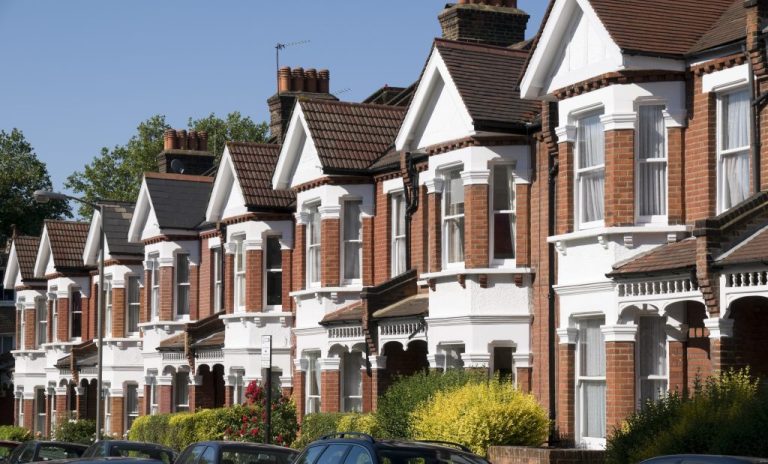As a residential landlord, you have a variety of obligations. These include keeping rental properties safe and free from hazards, ensuring all supplied gas and electrical equipment is properly installed and maintained, complying with fire safety regulations, providing an Energy Performance Certificate as well as a number of financial and legal requirements such as having appropriate landlords’ insurance.
Safe and Free from Hazards
Landlords in the UK are required to keep their rented properties safe and free from hazards. This entails keeping the structure and exterior safe and in good working condition, including drains, gutters and external pipes. Installations for the supply of water, gas, electricity, heating and sanitation measures should also be kept in good repair and working condition. It is also best practice to provide operating instructions and user warnings for supplied appliances and equipment.
Gas Requirements
Landlords are required by the Gas Safety (Installation and Use) Regulations 1998 to make sure that all supplied gas appliances, fittings and flues are maintained in a safe condition according to manufacturer’s instructions. Every 12 months, a gas safety check must be conducted by a Gas Safe Registered Engineer on each gas appliance, fitting or flue to ensure they are safe to use. Safety check records must be kept for at least 2 years and a copy must be given to existing tenants within 28 days of the check. New tenants are entitled to a copy of the check before moving in.
Electrical Equipment
Landlords are required to ensure that electrical installation in their rented property is safe when tenants move in and maintained in as safe condition throughout its duration.
To stay compliant, landlords should regularly conduct a visual check on all electrical systems and appliances. Create a checklist that shows how often each piece of electrical equipment should be inspected, and include space to record the results. Electrical equipment should be tested frequently by a qualified electrician to ensure there is little chance the equipment will become dangerous between inspections. Using a qualified electrician can help you stay up to date on any changes with electrical regulations. Adjust the frequency of checks based on the number and severity of issues found.
Fire Safety Regulations
Landlords must also comply with all fire safety regulations, including Part 1 of the Housing Act 2004, the Regulatory Reform (Fire Safety) Order 2005 in England and Wales, the Fire (Scotland) Act 2005 in Scotland, and the Fire Safety (NI) Regulations 2010 in Northern Ireland. Fire risk assessments should be conducted and reviewed periodically. Access to escape routes should be carefully planned out and monitored. Since 1st October 2015, the Smoke and Carbon Monoxide Alarm (England) Regulations require private sector landlords to have at least one smoke alarm installed on every storey of their properties and a carbon monoxide alarm in any room containing a solid fuel burning appliance. Landlords must also make sure that the alarms are in working order at the start of each new tenancy.
Energy Performance Certificate
An Energy Performance Certificate (EPC) is required whenever a property is built, sold or rented. The certificate assigns the property an energy efficiency rating from A (best) to G (worst) and is valid for 10 years. Landlords in Scotland are required to display the EPC on the property itself.
Financial Responsibilities and Landlords Insurance
You are required to check that your tenants have the right to rent your property (if it’s in England) and you will also need to protect your tenants’ deposits in a government-backed scheme through independent third parties.
Landlords need to pay income tax on rental income (excluding day-to-day running expenses) and, if letting property is your business, Class 2 National Insurance contributions will also need to be paid. Correct insurance cover is vital and a regular home insurance policy will not be adequate – you will need to take out proper landlords’ insurance.
A-Plan has specialised in landlords’ insurance for many years and we work with a panel of leading insurers in this sector. It means we can offer you plenty of choice and very competitive prices. We also have a swift and efficient claims process, ensuring minimum disruption to your tenants and reducing the potential strain on your cashflow.
For further advice on landlords’ insurance, please get in touch with your nearest branch.
You can also get advice on your responsibilities as a landlord here.

